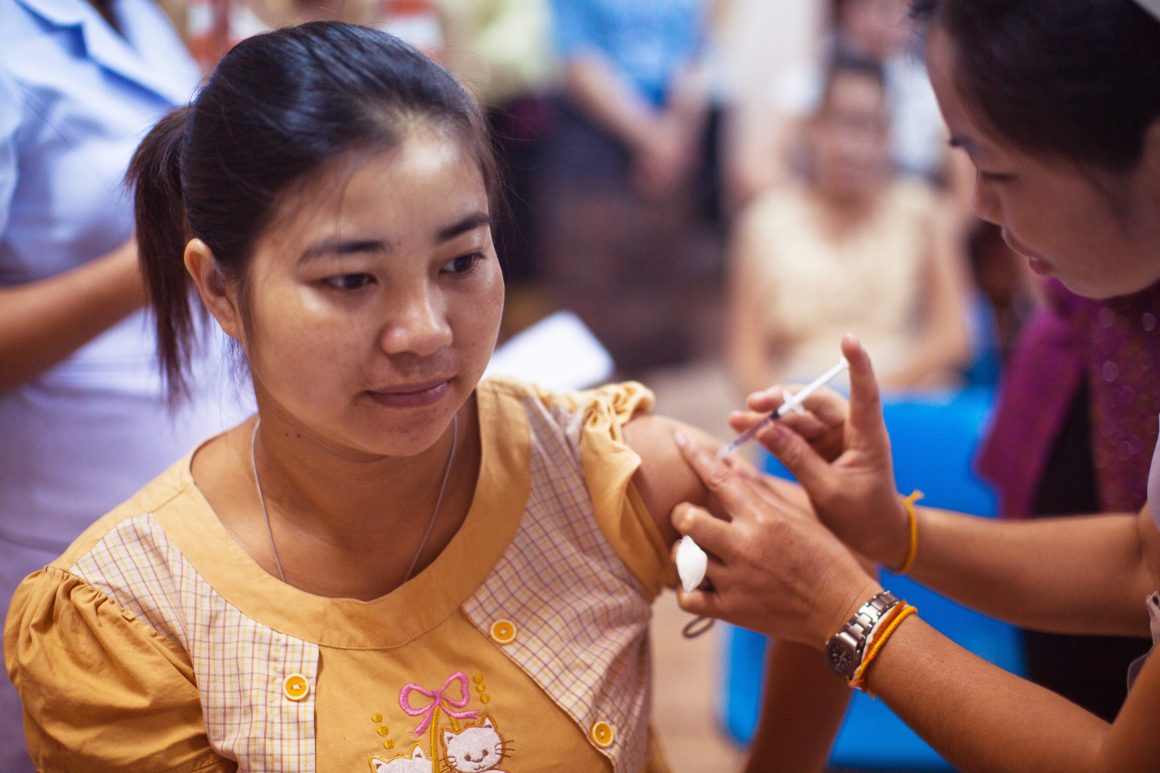Authors: Dimitra Panagiotatou, Stella Ladi, and Angelos Angelou*
Vaccine hesitancy has alarmed governments anxious to return to normality for economic and political reasons. Unlike other vaccination programmes, the Covid-19 one has been subject to extraordinary levels of politicisation. Conspiracy theories disseminated via fake news have transformed the universal fight against a global health threat into a controversial policy topic resulting in electoral gains for the extreme right and left. Given this, our project aimed to offer policy insights into how to increase vaccine uptake across the globe. It mapped Covid-19 vaccination policies worldwide to identify best practices and, subsequently, improve vaccine uptake.
Our mapping clearly indicates that employing expert advice is an ever-relevant topic when it comes to vaccine rollouts and vaccination policies. Most – if not all – countries across the globe have relied on scientific evidence and recommendations coming from national and/or international expert bodies before making any given vaccine available to their population. However, the extent to which expert input and evidence-informed policies have facilitated the vaccine rollout, has differed considerably from one country to the other. The same is the case for the impact of experts on countering vaccine hesitancy and anti-vaccination movements as well as increasing actual vaccine uptake.
Our project ‘A global mapping of vaccination policies and the role of experts’ (Queen Mary Global Policy Institute/Queen Mary University of London, 2022) has therefore addressed these questions by updating and extending the scope of the Covid-19 interactive map we initially launched in May 2021. The map now includes material on vaccine rollouts in different countries, including:
- Information on the institutions and bodies that provided expertise on the approval of vaccines and the regulations governing access to vaccines
- Different types of vaccination policies
- Communications campaigns designed to encourage vaccine uptake
- The emergence of anti-vaccination movements and their characteristics.
The map is publicly available and covers 16 countries with different economic capabilities, institutional barriers, and performance with respect to vaccine uptake. Moreover, the selected countries cover the full performance spectrum with respect to experts’ involvement in the vaccination effort. Reviewing the map indicates that a cluster of countries like Australia, South Korea, the US, Portugal, and the UK heavily relied on permanent and ad hoc expert bodies for the regulation of how vaccines should be prioritised and administered as well as for deciding and implementing vaccine mandates for specific population groups.
These countries appeared to base their communication campaigns on experts, presenting their vaccine strategies as informed by the best available research. Another cluster, including Russia and Bulgaria, determined their vaccine rollout strategies based on political considerations rather than scientific input. Consequently, they have been plagued by controversies between different domestic expert bodies and/or between domestic and international ones.
A final cluster – including Brazil, Kenya and Lebanon – appeared to adopt a mixed approach, following expert advice while also taking into consideration the political dynamics in the field. The cluster of countries drawing heavily on expert input, for instance Portugal and South Korea, appear to be top performers in terms of the share of fully vaccinated, thus demonstrating the benefits of bringing experts front and centre not only in the design and implementation of the vaccination programme but also in the relevant communication campaign.
As far as vaccination policies are concerned, the selected countries reveal four key policy types:
- Policies employing monetary rewards (Australia, Bulgaria, Russia)
- Policies employing non-monetary rewards (Greece, India, US)
- Policies offering freedom incentives (Portugal, Zimbabwe, South Korea)
- Policies entailing monetary fines (Greece, Lebanon) and other restrictions for the unvaccinated population (South Africa, US, UK).
However, it is worth noting that the type of policy does not seem to have a catalytic effect on actual vaccine uptake, with the most decisive success factors lying, first and foremost, in the populace’s entrenched consenting attitude toward national vaccination programmes: this is evident in the cases of Portugal and Brazil, but also Bulgaria.
The effectiveness of the government’s communication campaign and the effort put into disclosing frequent and credible information and devitalising anti-vaccination and vaccine-hesitant voices also has a significant effect on vaccine uptake.
*This article has been previously published at the Global Policy Institute at the Queen Mary University of London.



